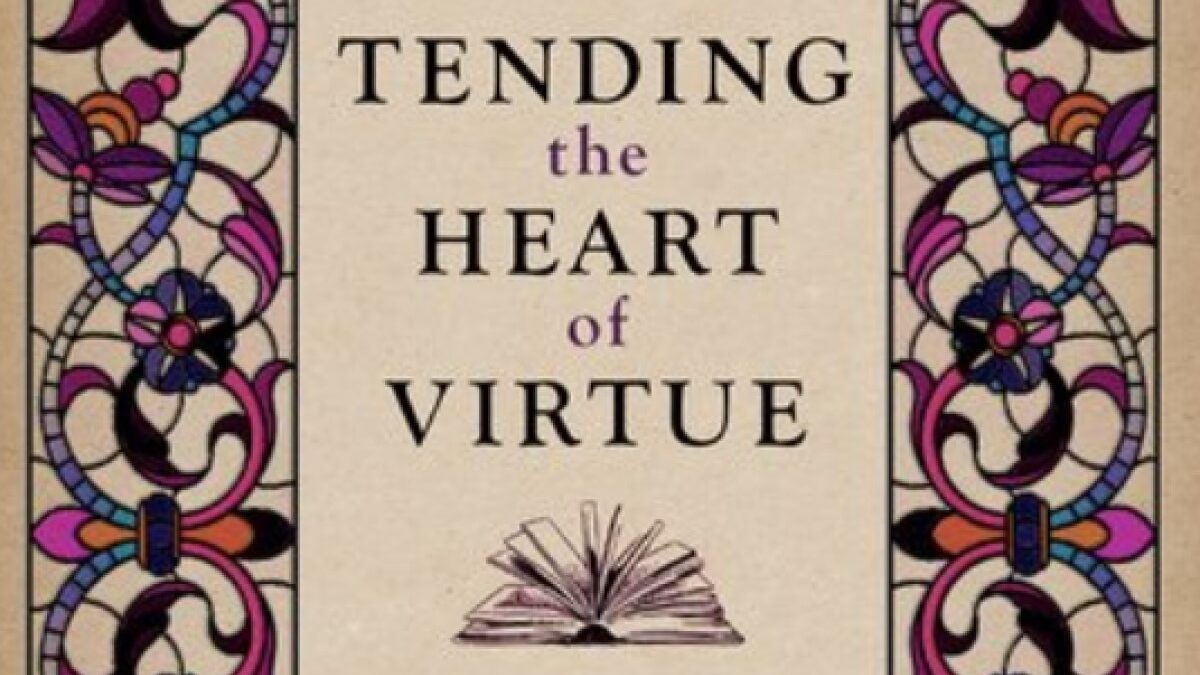
I could write thousands of words about why modern free verse poetry is so often bad, but I find that examples work better. Here are a few lines from Atsuro Riley’s poem “Skillet”:
Of orange stove-eye (right front) and hawkhooked
pot-hook, overhung. Of (vaporous) supper-hour and
-hurlstorm
If you read the whole thing and dislike it, don’t worry. It’s the kind of thing that only someone out of whom all taste had been educated could enjoy. Riley is an example, albeit a concentrated one, of modern free verse poetry. It’s formless, bloodless, and boring. It’s over-hyphenated (and -parenthesized).
Modern American poetry has been captured by free verse. We are cut off from our traditions, and poorer for it. Free verse is a symptom of a disease that afflicts the whole body of modern art — it’s the slow-creeping tingling in the fingers and toes that indicates the tumor growing in the brain.
A Brief History of Western Poetry
For a very long time, Western poetry was formal, in both the sense that it was structured, and that it was often intended for formal events. It was also oral, and often performed to music. So Homer, or some poets very like him, would perform “The Iliad” or “The Odyssey” at one of the pan-Hellenic festivals, singing the stories of Greek heroes.
Eventually, poets began to compose texts. Poetic forms blossomed, but the basic idea that poetry was language in a particular form didn’t change. In fact, poetry had rules across all cultures. Anglo-Saxon and Old Norse verse was concerned with allliterating stressed syllables. Greek and Latin poetry measured lines by long and short syllables. When English verse rose, it focused on number and pattern of stressed syllables per line, combined with a rhyme scheme. Chinese and Japanese verses had even stricter rules, which are too complicated to briefly detail here.
Then something strange happened. Around the start of the twentieth century, free verse began to take over. Free verse is poetry that doesn’t have a meter. In other words, it’s free from anything that would make it verse. On a personal blog, I once wrote a few lines of free verse:
Write poetry
not just sentences with
line
breaks.
One of the comments I received was:
I’ll write poetry
however I want
you fascist
f-ck
(Is the final expletive functioning as a noun, or as an interjection? I think it’s just an ejaculation. So bold!) The poster had it all backwards. One of the main proponents of free verse was Ezra Pound, who was a fascist and a Nazi sympathizer. Pound led a group called the Imagists, who rejected traditional forms of verse, much like the Impressionists rejected the classical, traditional standards of previous generations.
The first generation of free verse poets still produced a lot of good poetry. This is because, much like the Impressionists, they still kept much of the art that had gone before them. But just as the visual arts descended from the “Pieta” through Jackson Pollock to “Piss Christ,” poetry fell from Homer to “Howl.” Free verse won the day. Editors stopped looking for formal poetry; academics and poets stopped writing it; readerships declined. Now poets are the main readers of poetry, writing only for themselves. I’d call that elitist if I were being polite; masturbatory, if I weren’t.
The Problem with Free Verse
It’s not that free verse is never beautiful, or even lyrical. It certainly may be. But, whereas poets of the past could make everything into meaningful poetry, free verse poets make poetry mean everything; and if poetry means everything, it means nothing. There is nothing to delineate free verse from lyrical prose, or vice versa. If there’s no way to delineate poetry, then there is no way to say whether poetry is good or bad or better or worse.
Moreover, poetry that explicitly rejects form — which comes to us from the Latin forma, meaning “beauty” — rejects the purpose of art: to enshrine, explore, and celebrate the true, good, and beautiful. This is the verse of modernity and postmodernity; the poetry that seeks to destroy language and truth, not to uphold it. It seeks to drag beauty down, to ground it in the individual, rather than raise the individual to ponder beauty. Christian poets especially have a responsibility to use their art to seek out and ponder the glories of God and his gospel.
Free verse is a radically individualized approach to a tradition that has always been about more than just the individual. Like all the modern arts, it is a solipsistic slide away from objectivity, into radical subjectivity and self-expression. Poetry becomes a Red Queen’s race of poets trying to outdo each other in their novel use of language and text, punctuation, and grammar. Defenders of free verse often critique wrenched rhymes, but they never bemoan the wrenched syntax, grammar, vocabulary, and punctuation that their heroes so often spew.
Moreover, it’s precisely the self-expression that makes free verse so flaccid. It’s not popular to say this to the self-esteemers, but most people aren’t interested in an artist’s expression of self. If people have to care about you before they care about your art, your readership is going to be small indeed.
The Strength of Form
Ironically, it is the form that they reject that gives the greatest opportunity for self-expression. If you give two poets the exact same topic and tell them to write a Shakespearean sonnet on it, they will each fill out the form quite differently. It will give readers much more insight into the differences between the two poets than two free verse poems would. This precise kind of experiment gave us Percy Shelly’s “Ozymandias,” one of the great poems of all time.
Likewise, if Oscar Wilde was right and “all bad poetry springs from genuine feeling,” then the presence of the form acts as a kind of whetstone and buffer. On the one hand, the poet’s expression of his feelings can be ground razor-sharp by the form’s demands; on the other, the form at least acts to buffer a poet’s tendencies toward unfiltered, unfettered, navel-gazing self-expression. The form gives weight to the poet’s complaint.
In much the same way that liturgical worship draws worshippers out of themselves and into the tradition that has gone before them, formal poetry draws individual poetic voices into the grand Chorale of Poetry gone before. It connects us to, rather than cuts us off from, our ancestors. It’s a tradition worth upholding.
Form also makes for memorable poetry. If you wanted, it would take you no more than 30 minutes to memorize “Ozymandias” or Shakespeare’s “Sonnet 118” (“Shall I compare thee to a summer’s day?”). As mentioned above, bards would have whole swaths of “The Iliad” and “The Odyssey” memorized for public performance. Meter allowed them to do that. I highly doubt that even Riley could recite all of “Skillet” for us, and I doubt he’d have much of an audience by the end of it.
Make Poetry Great Again
The way back is long and hard, but it is available to us. There are a growing number of literary journals with a tight focus on formal poetry. Some, like Lyric Magazine (with whom I have no affiliation), have been in this fight for a long time. A host more are joining the fray every day. If you believe in formal poetry, find a magazine publishing beautiful verse, and subscribe or otherwise support it. Demand good poetry, and support good poets.
Whether you’re a reader or a poet, develop your tastes by reading more than just contemporary poetry. To paraphrase C.S. Lewis, if you must read only old or new, read the old, since it has stood the test of time. The modernists have cut themselves off from those that have gone before. Don’t make the same mistake.
Restoring art, as a whole, and poetry, in particular, to their former glories will take a long time. The fingers of modernism, with its rejection of truth and beauty, have a firm grasp on the literary world. But in the end, we will win. We will win because we will write better verse. We will win because we will make better art. We will win because we have truth, goodness, and beauty on our side.









